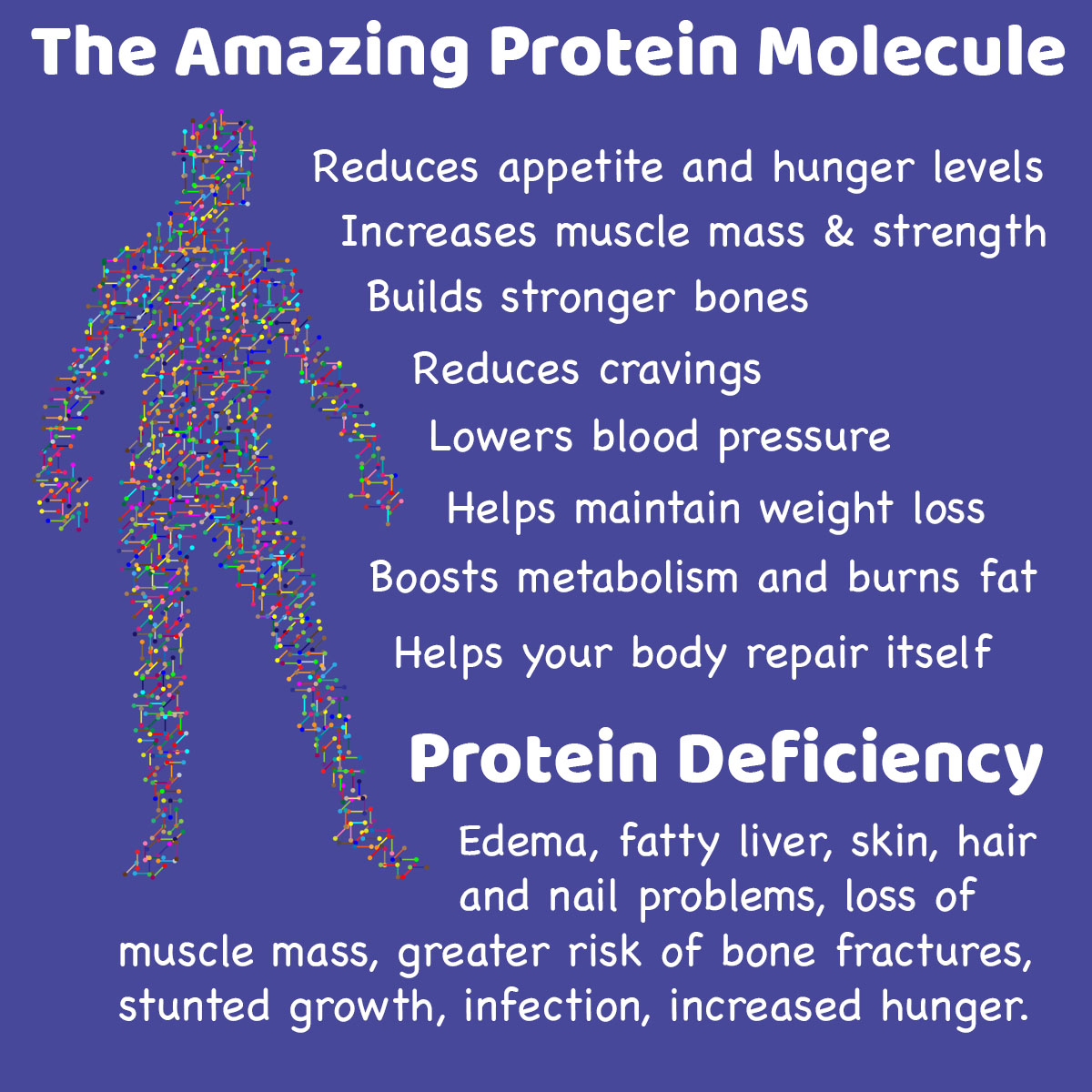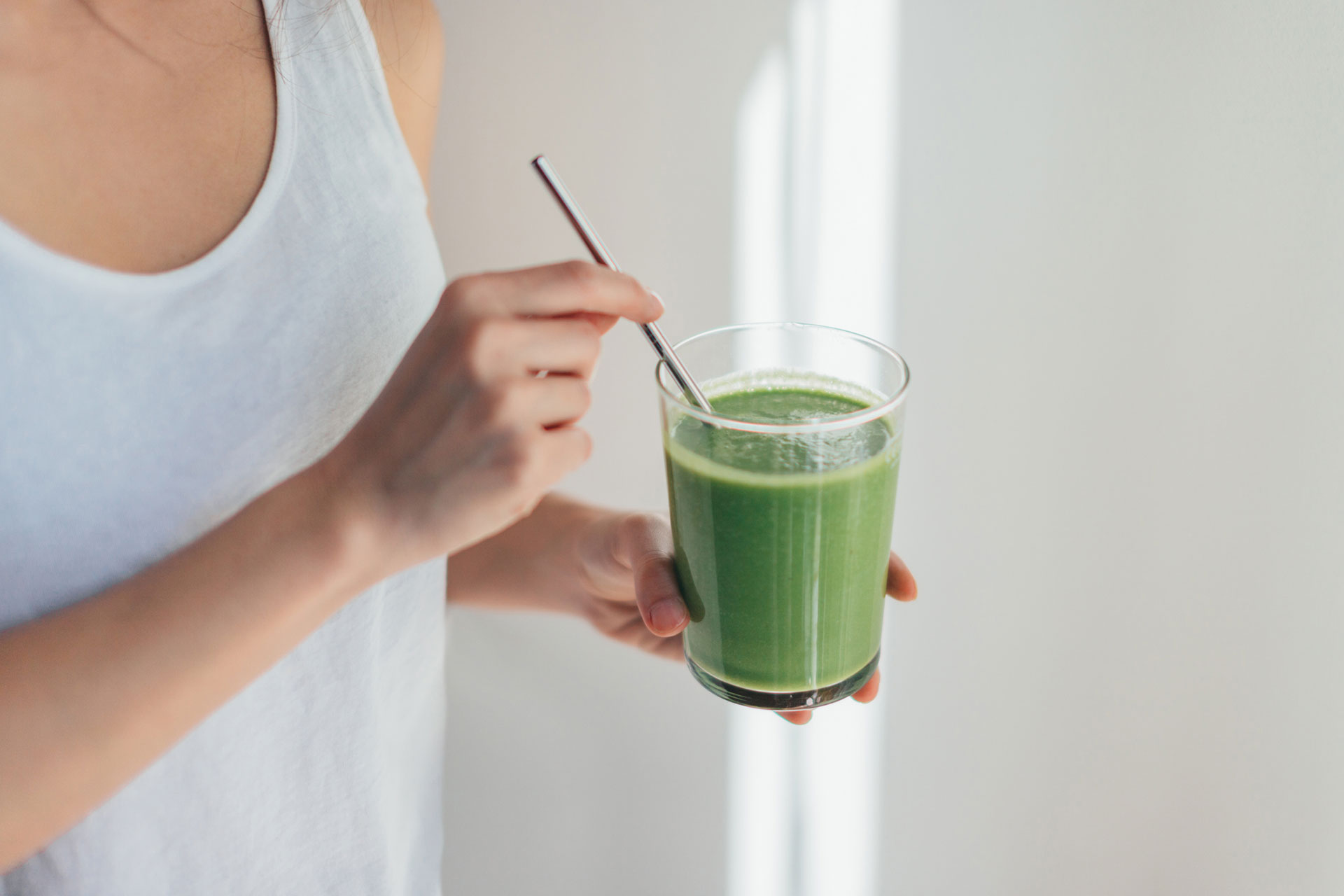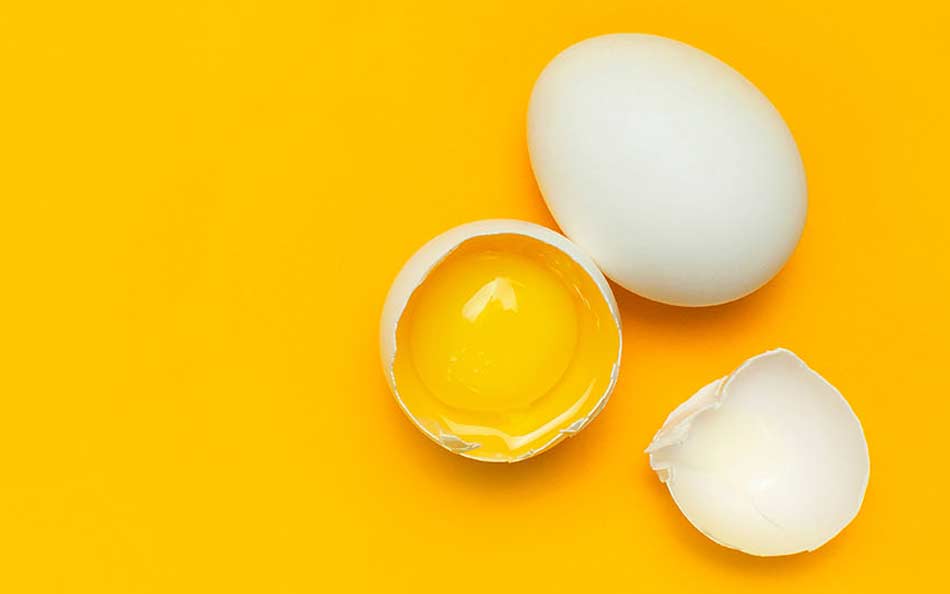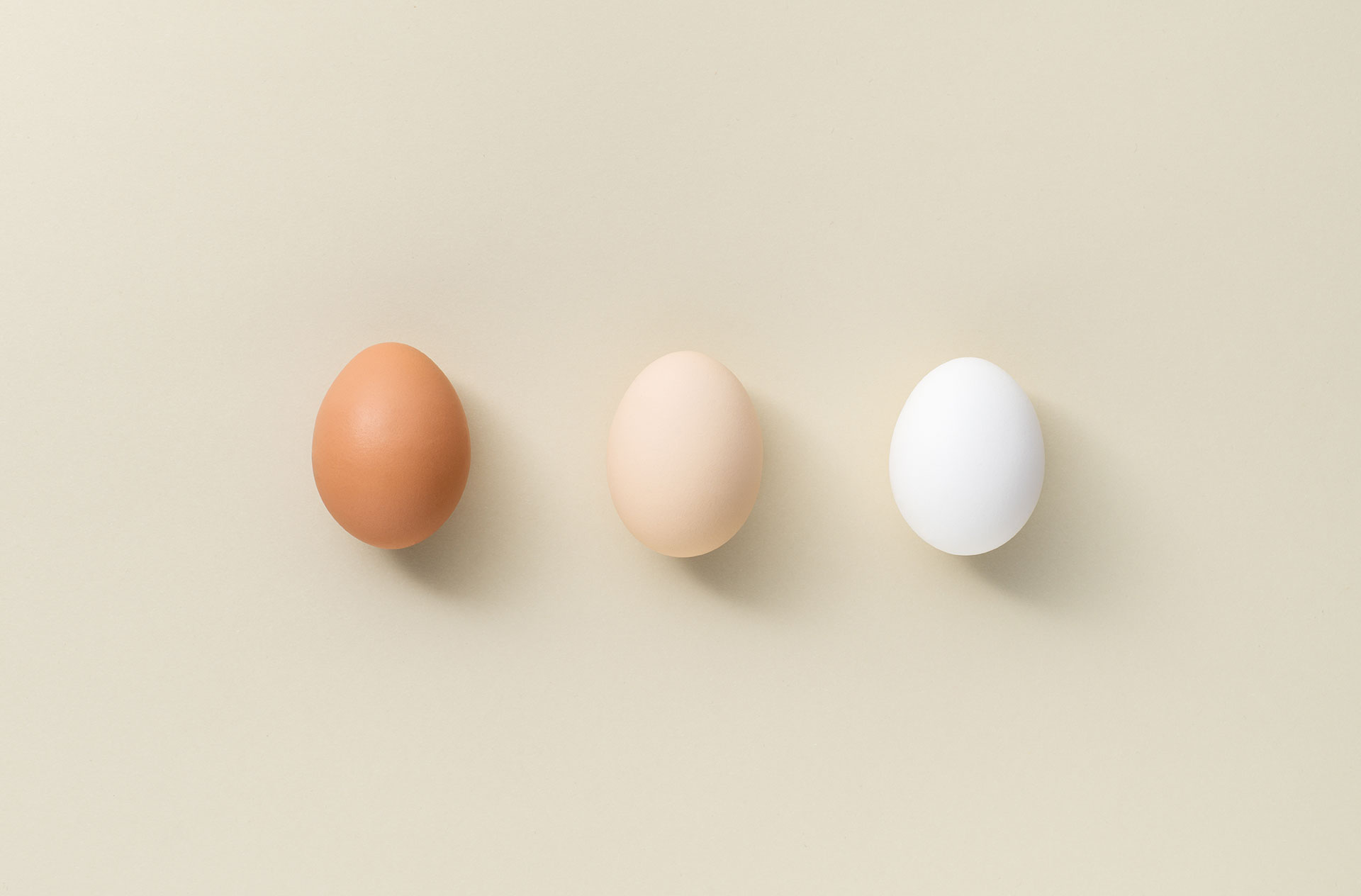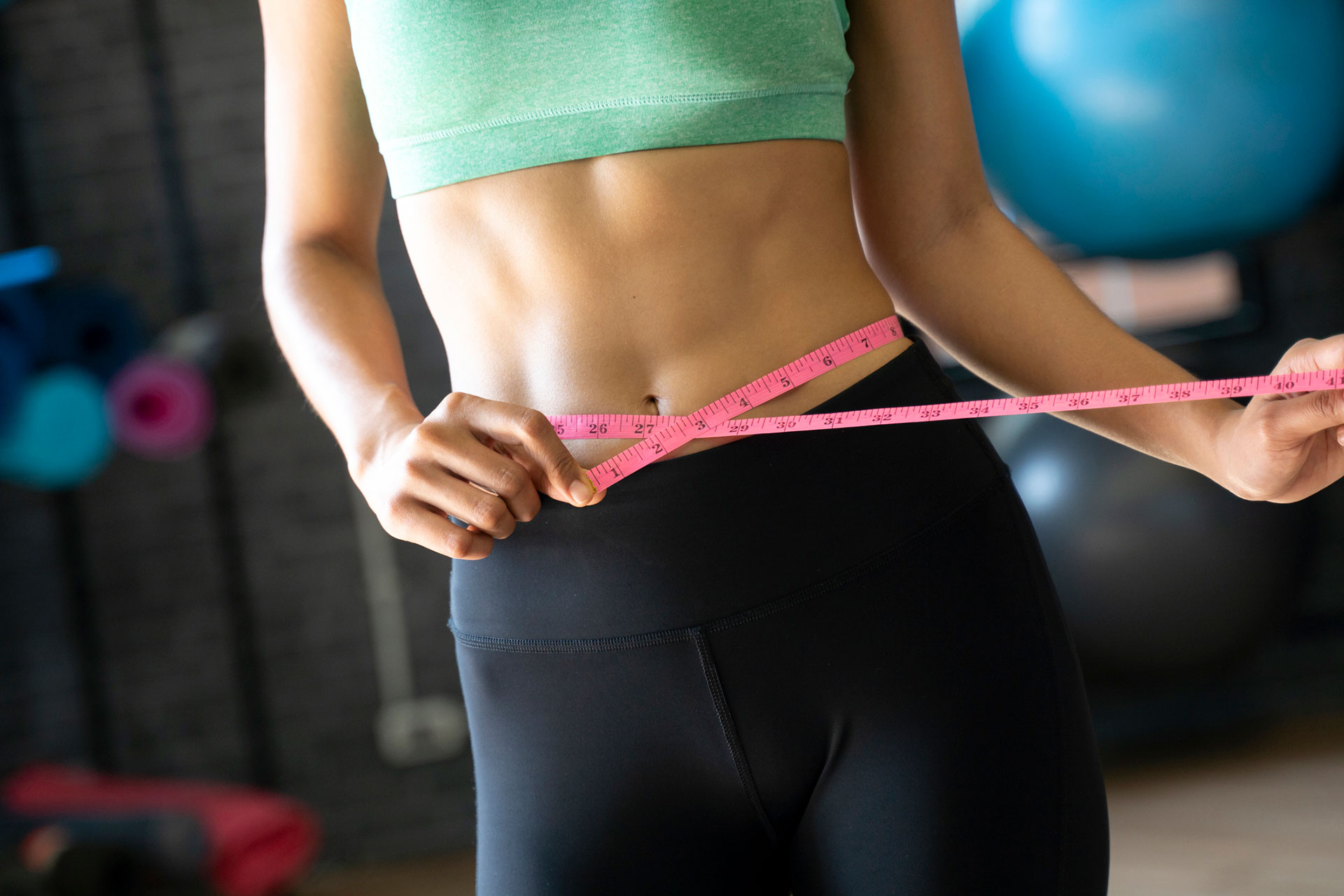
What Does it Really Take to Lose Weight?
February 4, 2021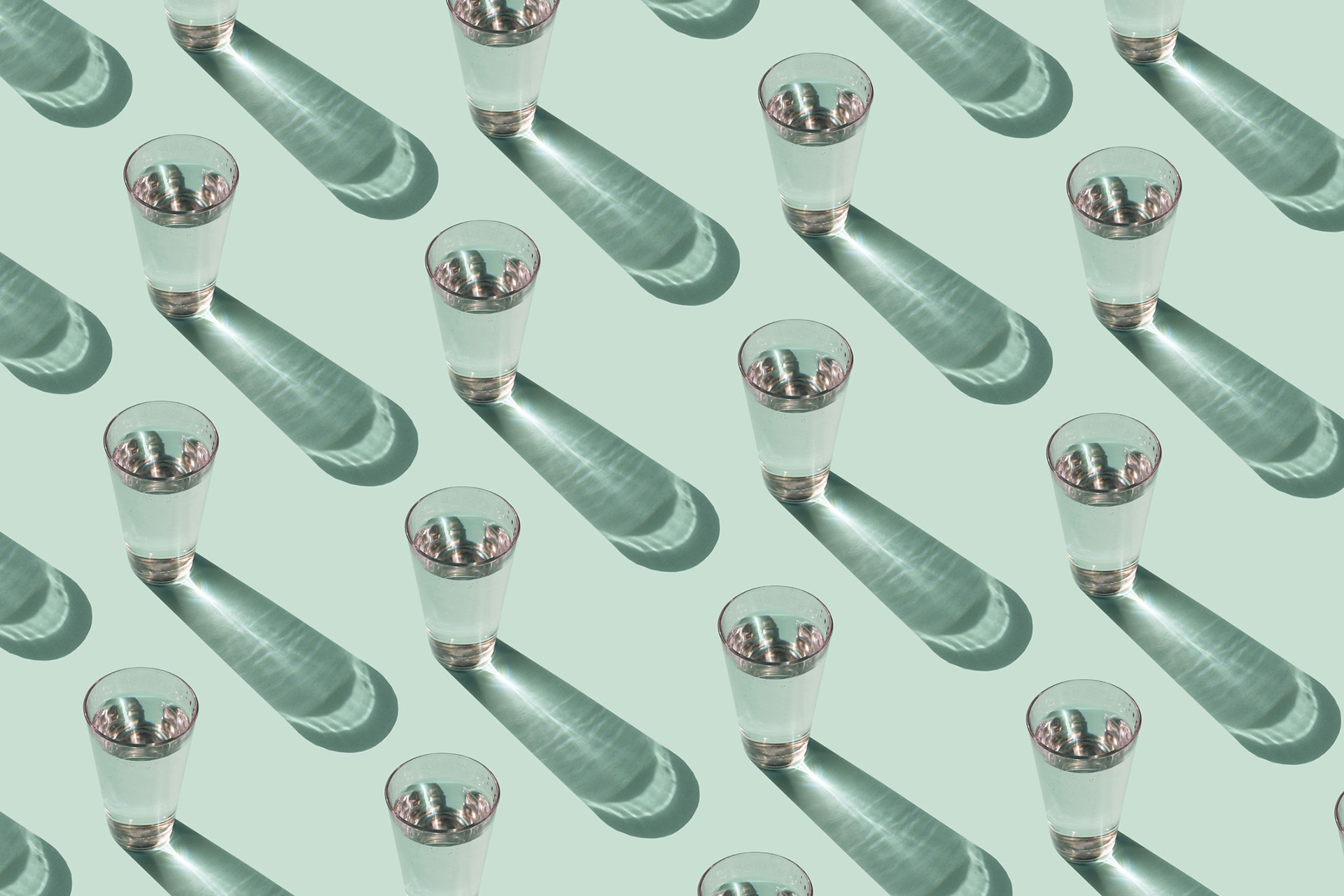
Water—Why You Need to Drink More
March 1, 2021by Susannah Wollman
Most health professionals agree that an adequate intake of protein is important for good health. But what is an adequate amount? And what happens if you miss that goal?

How much protein should I eat?
Most people in developed countries get enough protein in their daily diets to avoid protein deficiency, but that doesn’t mean they’re eating the optimal amount. That number depends on several factors, including your age, your activity level, your muscle mass, your physical goals (such as weight loss) and your overall health. There is no one-size-fits-all answer to that question. So let’s look at several scenarios, one or more of which may describe you.
The “average” person
Since there’s no such thing as a “normal” person, I’ve decided to call the majority of people “average” instead. To describe this person, say you are a person about 25-50 years of age at a healthy weight for your height and activity level. You don’t exercise all that much and don’t lift weights. For that person, 0.36-0.6 grams of protein per pound of body weight is a reasonable goal. That means 56-91 grams per day of protein for the average male and 46-75 grams per day for the average woman. This will maintain your current health level.
The overweight person
If this is you, you have a body mass index (BMI) of between 25 and 30. You don’t get much exercise, either, but that has less impact on your weight than what you eat does. Chances are highly likely that you don’t eat enough protein. You’ll need to consume between .73 and 1 grams of protein per day per pound of body weight to lose weight. As your weight goes down, your protein needs can go down, too.
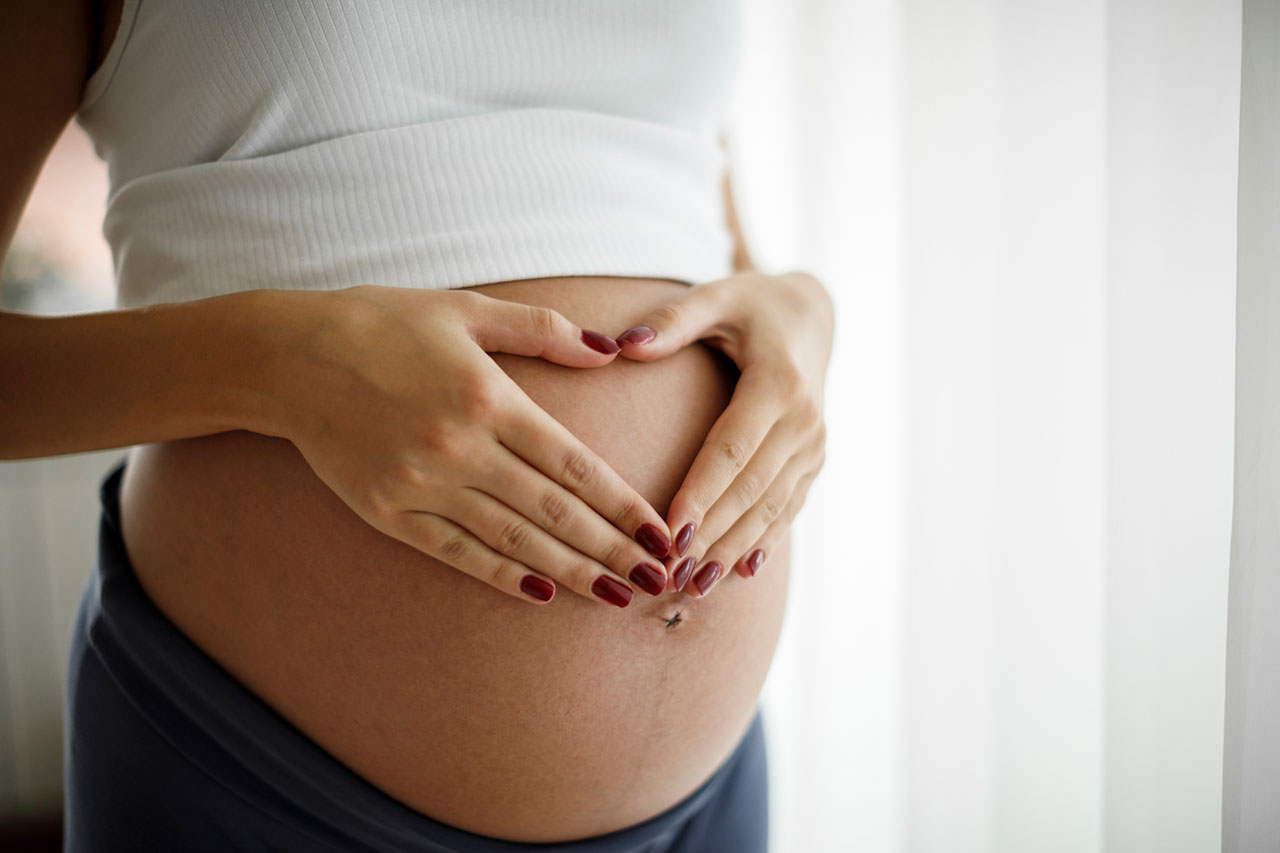
The pregnant woman
If you are a pregnant woman, protein is absolutely essential to your baby’s development. The recommended amount of protein during this exciting time of your life is 75 to 100 grams per day. The positive effects of protein include the growth of fetal tissue, including the brain, growth of breast and uterine tissue, and increasing your blood supply.
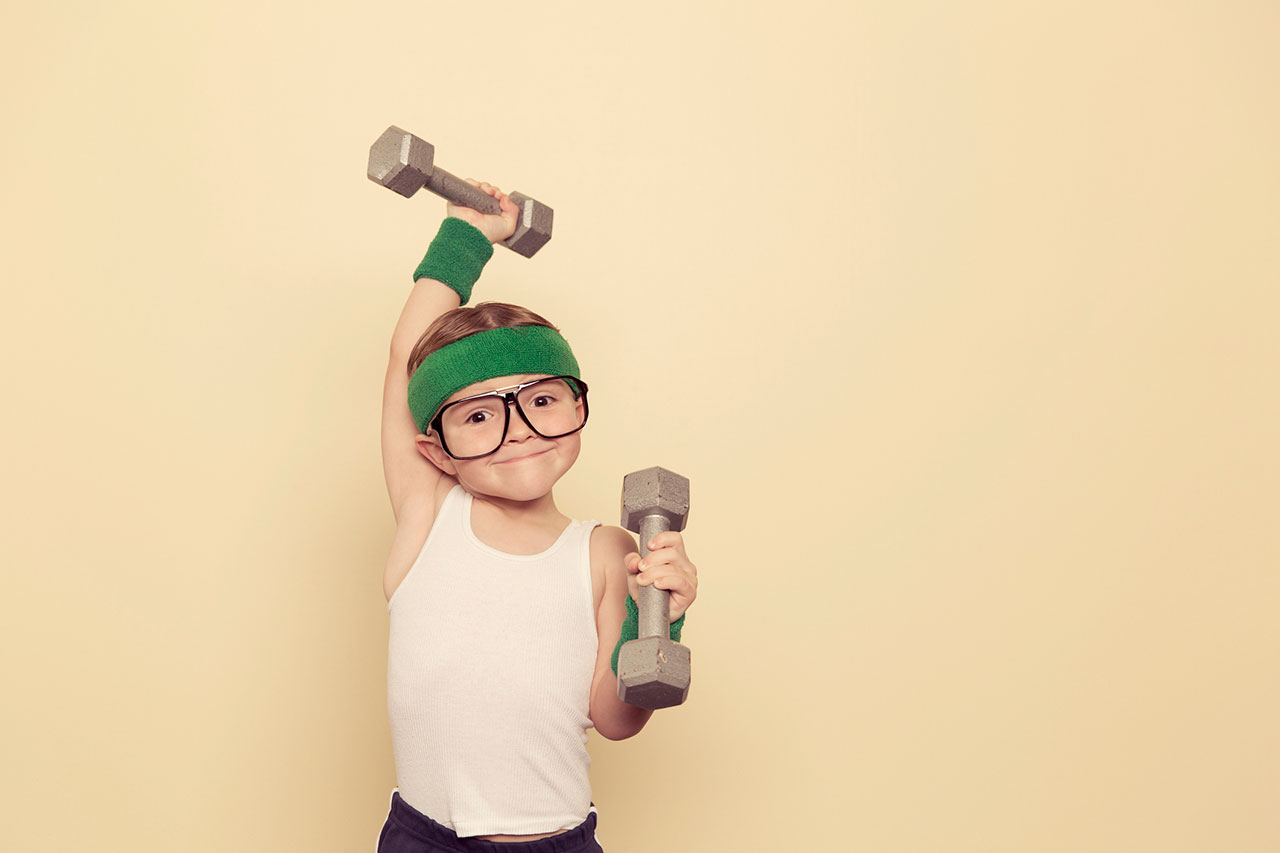
Children
Children have different protein needs at different times during their childhoods. For babies and toddlers from one to three years old, 13 grams of protein per day is recommended. For children ages 4 to 6, 19 grams of protein is the guideline. Children from nine to 13 years old should eat 34 grams of protein every day. In adolescence, boys from 14 to 18 need about 52 grams and girls the same age need 46 grams of protein every day. Children in athletic programs will need even more.
Elderly people
Since older adults can develop osteoporosis and sarcopenia, their protein needs are significantly higher than the average person, up to about 0.55 grams of protein per day for every pound they weigh. I’ll talk about why in a little while.
Other types of people
Athletes and people whose jobs are physically demanding or if you run, walk, swim, or do any kind of exercise frequently, you will need to eat more protein. When you are ill or have an unusual amount of stress put on your body, you will need more as well.
In fact, there is no evidence that eating more protein will harm you (except in certain medical situations) and there is significant evidence that eating more protein has health benefits for you, so you can probably err on the side of consuming more than the recommended daily allowance (RDA) than is generally advised (always seek your doctor’s advice before instituting anything new in your diet).
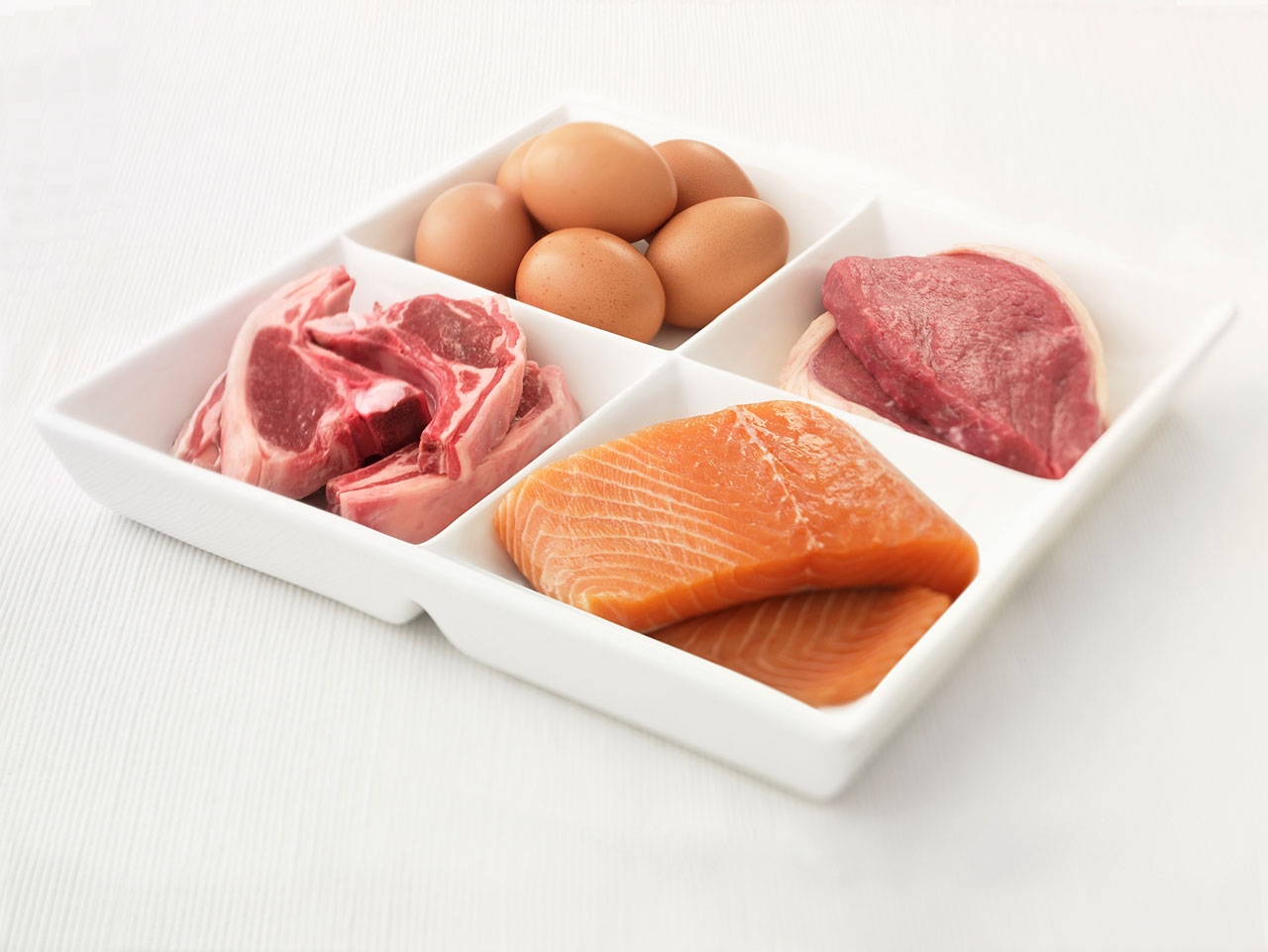
How does protein benefit your body?
Protein benefits your body in many ways because it does lots of jobs in your body. Protein gives tissues and organs their shape. These molecules make up your hair, nails, bones, and muscles. Protein is also your muscle-builder. If you are trying to lose weight, protein helps you lose fat instead of muscle. As you age, your body needs more protein to maintain adequate bone density and prevent breaks. Here are ten reasons to eat more protein.
- You won’t want to eat as much food because protein makes you feel fuller, longer.
- It takes protein to build muscle, so more protein means higher muscle mass and more strength in your muscles.
- People who eat more protein have stronger bones. If you’re a woman, it will help you ward off osteoporosis.
- Eating more protein reduces your cravings.
- Your metabolism increases with protein, helping you burn more calories throughout the day.
- Increased protein can help lower your blood pressure.
- Eating more protein helps you maintain weight loss.
- Won’t harm healthy kidneys. (If you have kidney problems, consult a doctor for the proper amount of protein to eat for your particular situation.)
- Your body needs protein to repair itself after an injury.
- Helps you stay fit as you age.
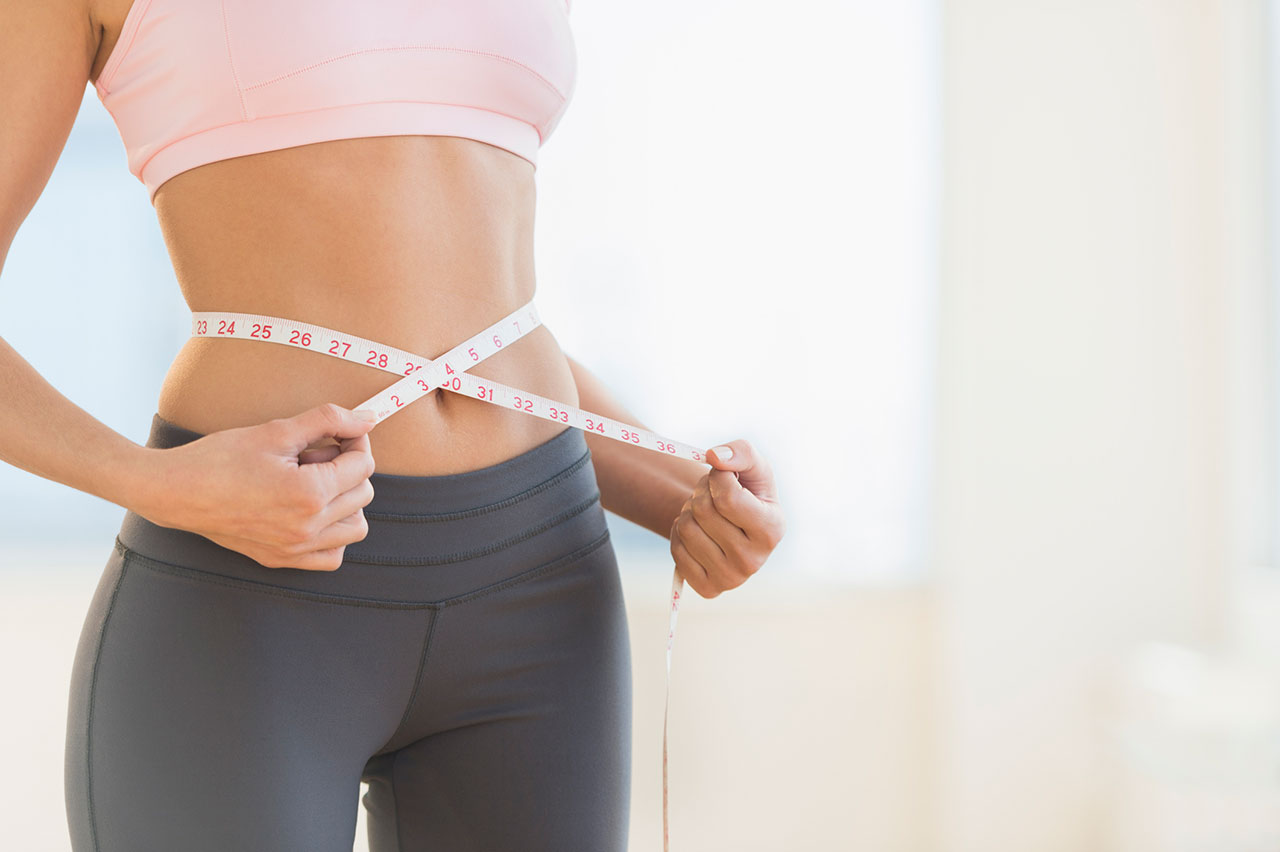
Weight loss and protein.
And when you’re trying to lose weight, it becomes even more important. Here are for things that science has proven protein does to help you achieve your weight goals.
- Protein reduces appetite and hunger levels. When you eat protein you feel more full even though you are eating less food. You may have heard of the hunger hormone called ghrelin. Protein reduces the level of ghrelin in your body while at the same time elevating levels of peptide YY, a hormone that makes you feel full.
- Protein increases muscle mass. When you lose weight, you don’t want to lose muscle as well. Boosting your protein intake helps prevent that.
- It takes more energy to burn protein than carbs or fats, so the thermic effect is that it “costs” your body more to digest protein. It takes longer.
- It’s harder for your body to store protein as fat. The biochemical process needed to store protein as fat is a much different process than either carbs or fat.
- Cravings are drastically lessened when you eat more protein.
- Eating greater amounts of protein boosts your metabolism and means you burn calories more throughout the day.
- Higher protein helps you lower your blood pressure.
- Even without dieting, studies have shown that eating 30% or more of your calories in protein will result in weight loss. The benefits increase even more when you intentionally cut calories, too.
- Protein is necessary for your body to be able to repair itself.
- Protein helps you stay fit as you age.
What does protein deficiency look like?
Protein deficiency is when your body does not have enough protein to function normally. Since it is found throughout the body, the person with this problem can have a wide range of symptoms. Serious deficiency can cause swelling, fatty liver, skin degeneration, increase the severity of infections, and stunt growth in children. Low intake can also cause muscle wasting and increase the chances of bone fractures.

Foods that are rich in protein
The following list will help you keep variety in your diet and boost your protein intake as well. Add healthy sources of protein to every meal for optimal health.
- Eggs (especially egg whites)
- Almonds
- Chicken breast
- Oats
- Cottage cheese
- Greek yogurt
- Milk
- Broccoli
- Lean beef
- Quinoa
- Whey protein supplements
- Lentils, soybeans, kidney beans, and chickpeas
- Ezekiel bread
- Pumpkin seeds
- Turkey breast
- Fish
- Shrimp
- Brussels sprouts
- Peanuts
- Tuna
